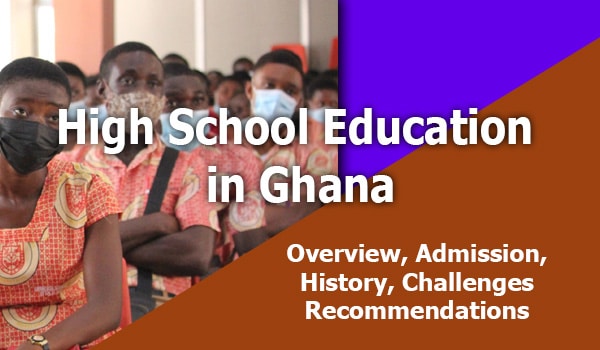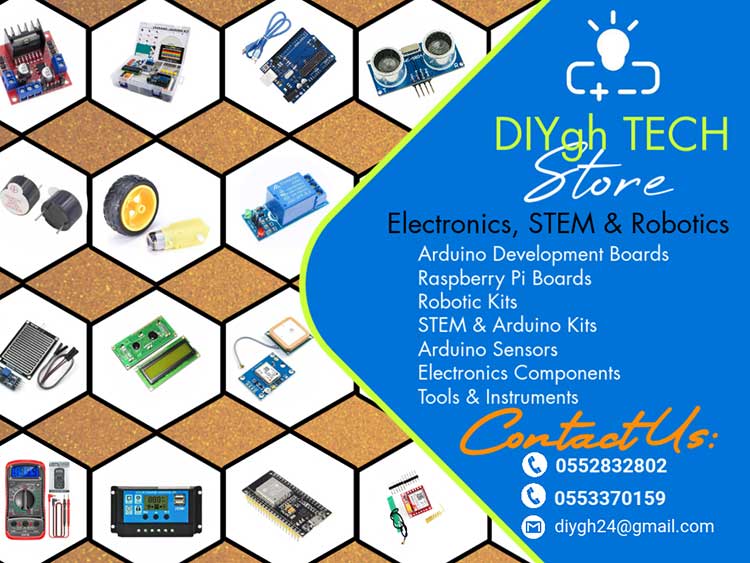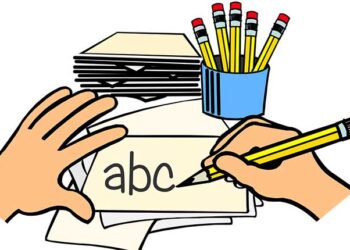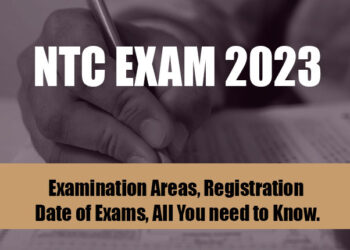Overview of Ghana’s Education System
It is the start of a new school year in Ghana, and a group of high school students eagerly awaits the beginning of their first day of classes. They are eager to learn, discover new topics, and explore the world around them. Unfortunately, many students will have little to no access to high-quality education.
The reality is that Ghana’s educational system has a long way to go before it can provide students with the level of education they need and deserve.
This article will provide an overview of high school education in Ghana, highlighting students’ challenges and the government’s efforts to improve the system. It will also discuss the importance of quality education and the need for significant investment in the sector.
High School Education in Ghana
High school education in Ghana is a valuable part of the nation’s educational system. Students in Ghana can attend various public and private high schools, where they can gain the necessary skills and knowledge to pursue higher education or enter the workforce.
At these schools, students are taught various subjects, from the sciences and mathematics to the humanities, and receive local language and English instruction. They also benefit from extracurricular activities such as sports, clubs, and community service projects. High school education in Ghana is essential in preparing young people for their future and provides them with the skills and knowledge to succeed.
Check what others are reading:
History of High School Education in Ghana
High school education in Ghana dates back to the late 19th century when the first secondary school was established in Cape Coast. This school was followed by establishing several other secondary schools in the Gold Coast, as Ghana was then known.
Over the years, the number of secondary schools in Ghana has grown significantly, and today there are hundreds of schools across the country offering high school education. These schools provide a variety of courses, ranging from science and mathematics to the humanities and languages.
The curriculum is designed to equip students with the knowledge and skills they need to succeed in higher education and beyond. With the proper guidance and support, students in Ghana can make the most of their high school education and achieve their dreams.
Types of High Schools in Ghana
In Ghana, there are three main types of high schools: public, private, and international. Public high schools are funded by the government and are open to all students, regardless of their financial situation.
Private high schools, such as religious groups, are financed by private organisations and may have additional admission requirements. International high schools are typically funded by foreign organisations and offer an international curriculum. All types of high schools in Ghana provide quality education and strive to prepare students for success in the future.
Admission Requirements to High Schools in Ghana
Admission to high schools in Ghana is based on a student’s performance in the Basic Education Certificate Examination (BECE). To gain admission to a high school, a student must have passed the BECE with at least an aggregate of 24.
The BECE is a standardized exam taken by students in the ninth grade and is used to determine their eligibility for admission to high school. In addition to the BECE, students may need to pass additional tests depending on their preferred school.
Moreover, some schools may also require students to have a minimum attendance record or to provide letters of recommendation from their previous school. All these requirements are intended to ensure that only those students who are academically prepared and committed to their studies are admitted to high schools.
Benefits of High School Education in Ghana
High school education in Ghana provides several significant benefits to students. It helps them to develop essential skills such as critical thinking, problem-solving, and communication. It also helps to prepare students for college or university by providing them with the necessary knowledge and skills to succeed.
Additionally, high school education in Ghana allows students to learn about their culture, history, and language. This knowledge can be invaluable in helping students to develop a sense of identity and to understand their place in the world better.
Finally, high school education in Ghana can allow students to form lasting friendships and relationships with their peers, which can benefit their future.
Policies and Curriculum of High Schools in Ghana
High schools in Ghana are subject to policies and curriculum guidelines that ensure students receive a quality education. The Ministry of Education (MoE) and the Ghana Education Service (GES) designed these policies and curricula to foster critical thinking, problem-solving, and communication skills.
Ghanaian high schools have a core curriculum that includes mathematics, science, and English and a range of electives such as art, music, and physical education. In addition, students are encouraged to take courses in their area of interest and are given opportunities to explore career options.
The curriculum also includes various activities and projects that challenge students to think critically and develop skills. By providing comprehensive education, Ghanaian high schools are helping to prepare students for success in college and beyond.
Challenges Facing High School Education in Ghana
High school education in Ghana is plagued by several challenges that impede students’ access to quality education. First, the country’s infrastructure is inadequate. Schools are overcrowded and lack access to essential resources such as textbooks, computers, and electricity, making it difficult for teachers to teach effectively and for students to learn.
Second, teacher shortages are a significant problem. Many teachers do not possess the qualifications to teach, while others do not attend class or are absent for long periods. Students are, therefore, left without the guidance and support they need to succeed.
Third, there is a lack of government funding for education. Lack of funding means schools often lack the resources to provide quality instruction and cover basic costs such as stipends and supplies.
The Government’s Response
In recent years, the government of Ghana has taken steps to improve the quality of high school education. It has implemented several policies and initiatives to address the challenges listed above.
First, the government has increased investment in the sector by providing more funding for schools and teachers. These investments have allowed for new school construction and the hiring of more qualified teachers.
Second, the government has implemented an ambitious curriculum reform to ensure students receive a more comprehensive education. This curriculum emphasises science and technology and more on critical thinking, problem-solving, and communication skills.
Finally, the government has launched various initiatives to improve access to technology and educational resources. This initiative includes a program that provides teachers with subsidised laptops and initiatives to increase internet access in rural areas.
The Importance of Quality Education
High school education is essential for students to acquire the skills, knowledge, and values to succeed. Quality education provides students with the tools to thrive and prepares them to become active and engaged citizens in their communities and society.
Therefore, the government of Ghana must continue to invest in the sector and work to improve the quality of high school education. It will go a long way to benefit both current and future generations of students and help create a brighter future for Ghana.
Recommendations for Improving High School Education in Ghana
High school education in Ghana needs improvement. The current system is outdated and does not adequately prepare students for the future. This essay will discuss two recommendations for improving high school education in Ghana: introducing more technology into the classroom and providing more resources for teachers.
Introducing More Technology into the Classroom
To improve high school education in Ghana, stakeholders must introduce more technology into the classroom. Teachers can use technology to enhance the learning experience and make it more engaging for students. For example, facilitators can use interactive whiteboards to display multimedia content such as videos and images to help students better understand a concept.
Additionally, the government can furnish schools with computers to access online resources such as educational websites and databases. Including technology can help students gain a deeper understanding of a topic and provide them with more information than what is available in textbooks.
Furthermore, teachers and students can use technology to facilitate communication. For example, teachers can use online discussion boards to answer student questions and provide assignment feedback. This mode of communication can help create a more interactive learning environment and allow students to get the help they need on time.
Providing More Resources for Teachers
In addition to introducing more technology into the classroom, providing more resources for teachers is essential. Teachers need access to up-to-date materials and resources to teach their students effectively. For example, teachers should have access to textbooks written in a language that is easy for students to understand.
Additionally, teachers should have access to online resources such as educational websites and databases that can help them stay up-to-date on the latest developments in their field.
Furthermore, teachers should also have access to professional development opportunities. Professional development opportunities can help them stay abreast of new teaching methods and strategies to help them engage their students better. Professional development opportunities can also help teachers remain motivated and inspired to continue teaching.
In conclusion, introducing more technology into the classroom and providing more resources for teachers are two important recommendations for improving high school education in Ghana. Technology can enhance the learning experience and make it more engaging for students.
Additionally, providing teachers with up-to-date materials and resources can help them stay abreast of new teaching methods and strategies. Implementing these recommendations can improve high school education in Ghana and better prepare students for the future.










Comments 2